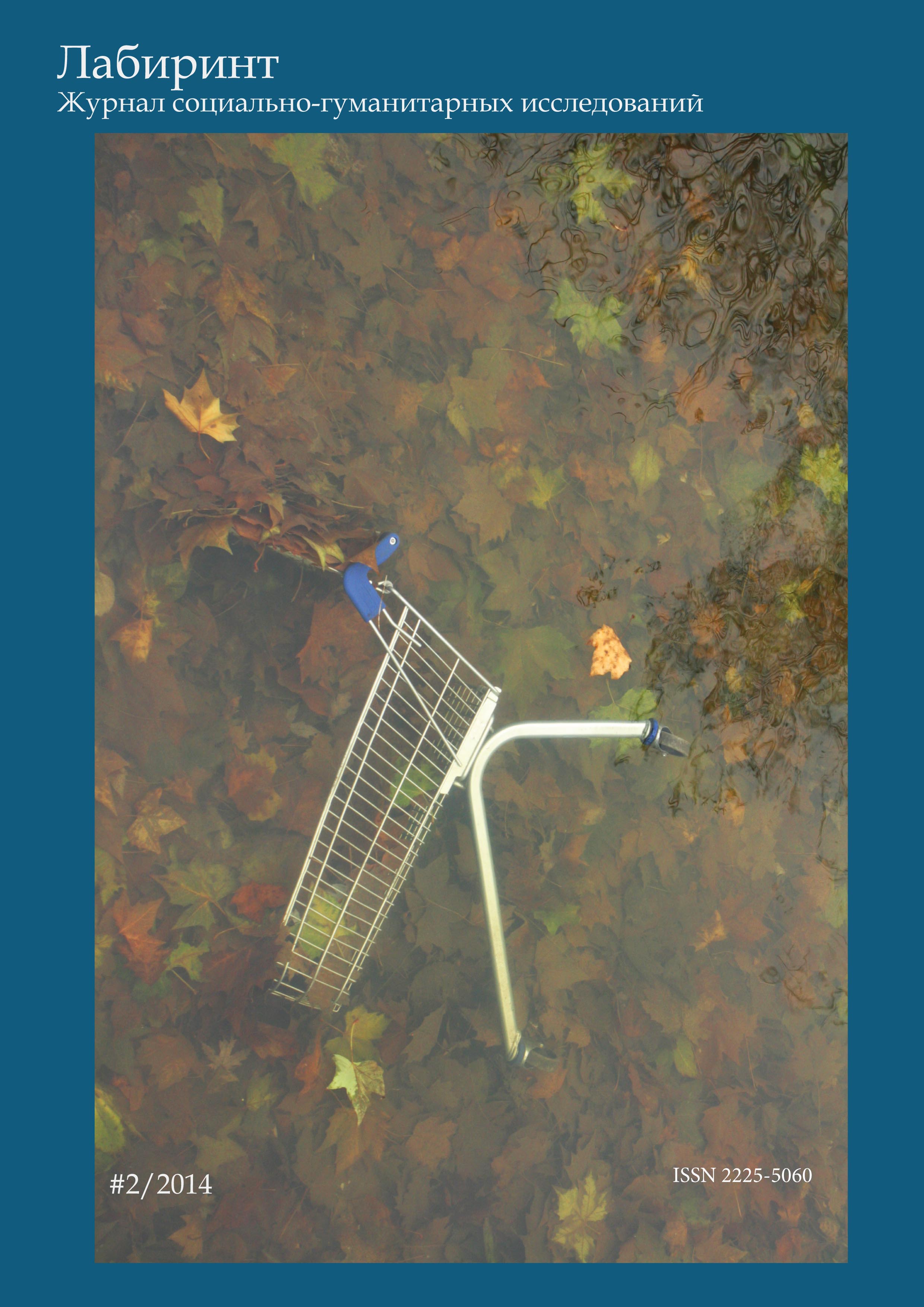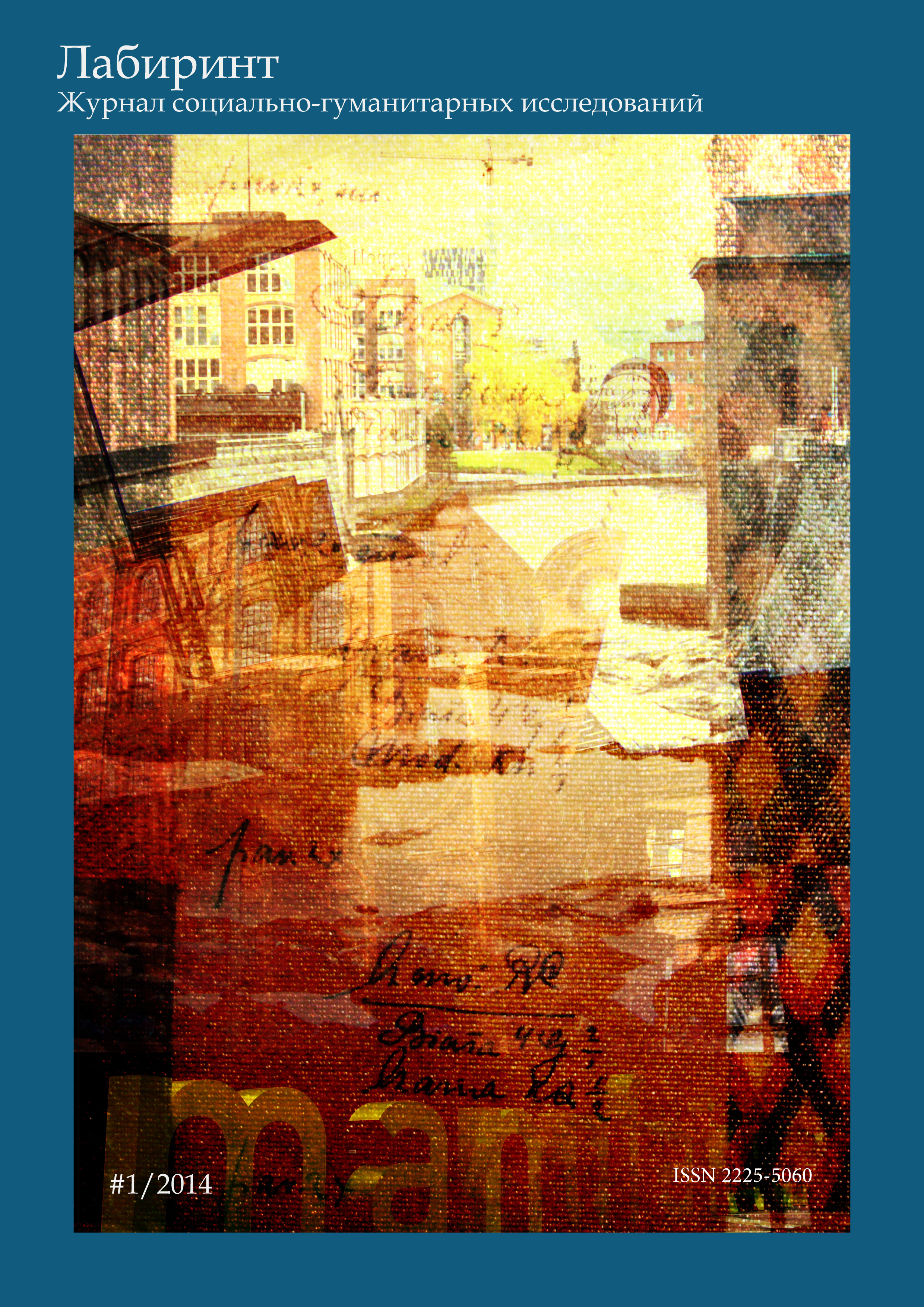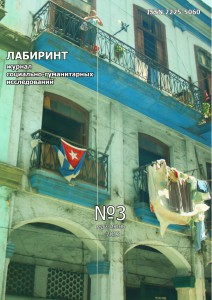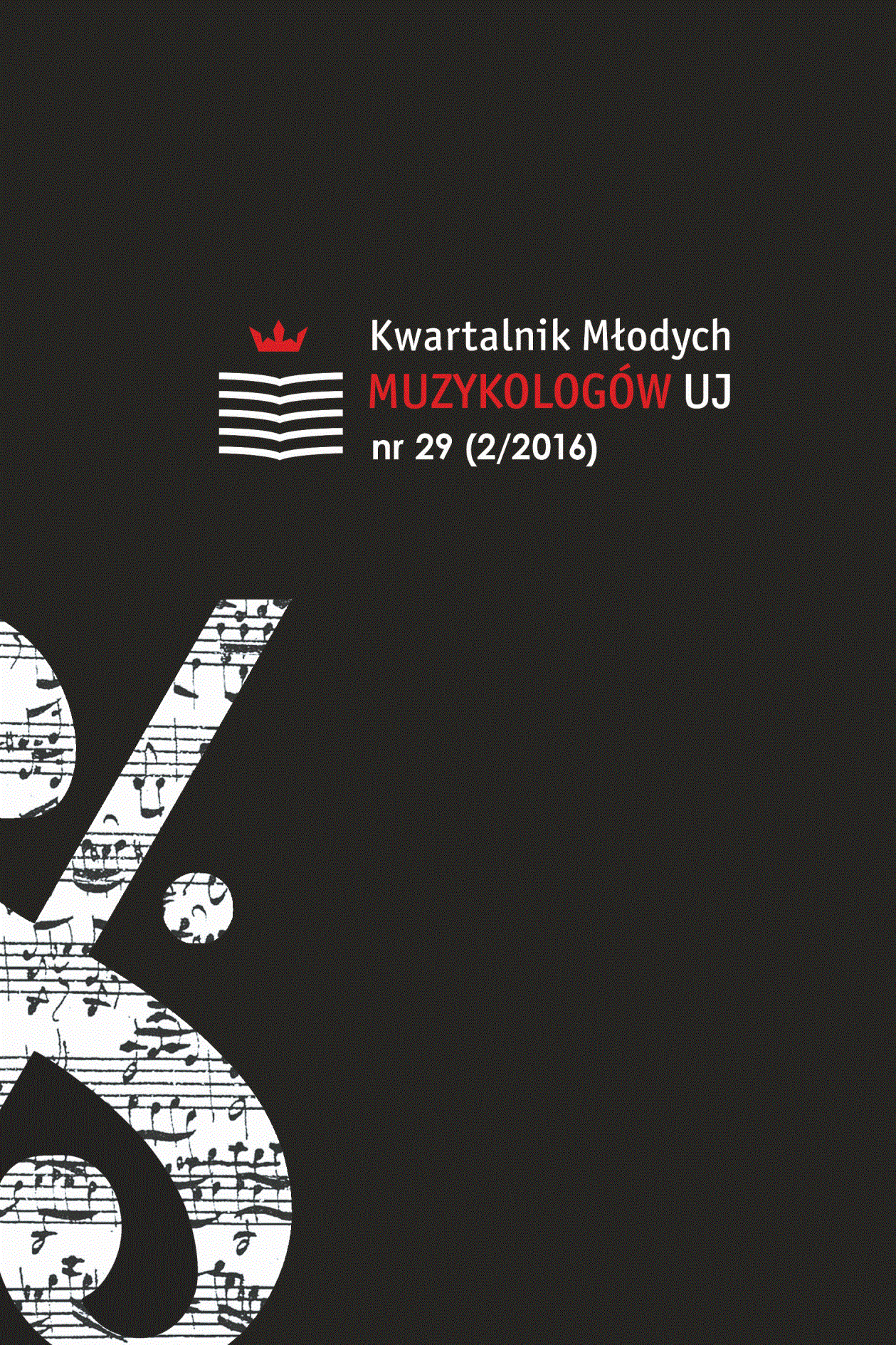
НАРРАТИВЫ «ЗЕЛЕНЫХ» ПОТРЕБИТЕЛЕЙ: АНТИГЕРОЙ, ЭКОГЕРОЙ И АНАРХИСТ
Environmental policy makers and marketers are attracted by the notion of green consumerism. Yet, green consumerism is a contested concept, allowing for a wide range of translations in everyday discursive practices. This paper examines how young consumers construct their images of green consumerism. It makes a close reading of three narratives reflecting available subject positions for young green consumers: the Antihero, the Environmental Hero and the Anarchist. It reveals problems in the prevailing fragmented, gendered and individualistic notions of green consumerism, and discusses implications for policy and marketing practitioners.
More...


